Grey water on Austrlian natives
schaf
17 years ago
Related Stories
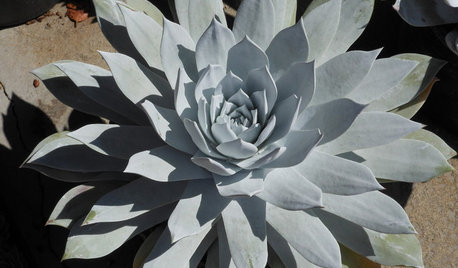
GARDENING GUIDESGreat Design Plant: Dudleya, a Dramatic California Native
Set up this succulent in native conditions and see just how little care it needs to thrive in the landscape
Full Story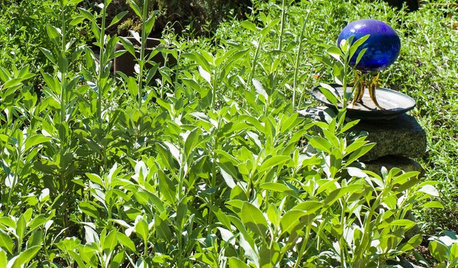
FLOWERS AND PLANTSWhite Sage Shimmers in the Water-Wise Garden
California native Salvia Apiana features silvery-green foliage and seasonal flowers that bees, hummingbirds and butterflies love
Full Story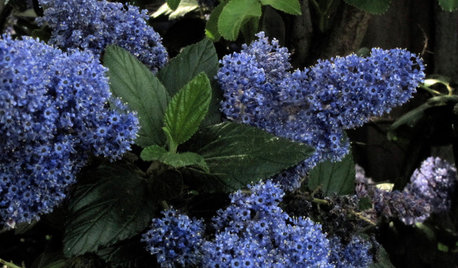
GARDENING GUIDES10 Top California Native Plants, Trees and Grasses
Enjoy a fuss-free, water-wise garden in the Golden State by growing plants naturally in tune with the climate and wildlife
Full Story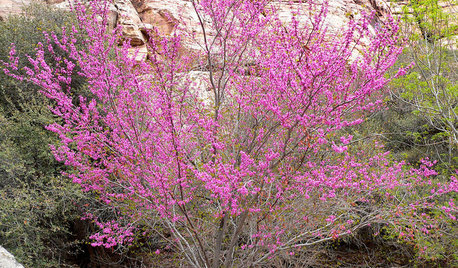
GARDENING GUIDES10 Top Native Plants for Northern California Gardens
Enjoy a fuss-free, water-wise garden by growing plants naturally in tune with the climate and wildlife of Northern California
Full Story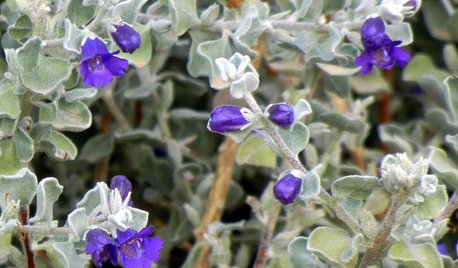
GARDENING GUIDESGreat Design Plant: Violet Silverleaf Thrives on Scant Water
Purple flowers transform silvery, sun-loving Leucophyllum candidum, while its easy care may change your gardening routine
Full Story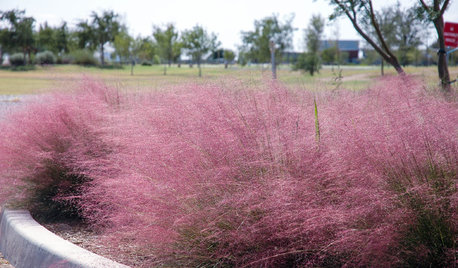
NATIVE PLANTS10 Top Plants Native to the Desert Southwest
Get a thriving garden despite unforgiving conditions with these tough, unthirsty, sun-loving beauties
Full Story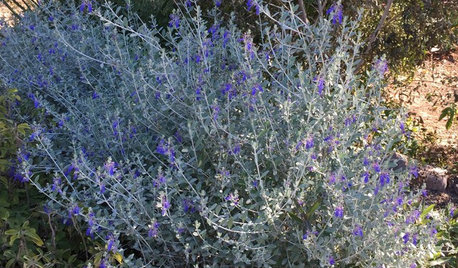
GARDENING GUIDESGreat Design Plant: Teucrium Fruticans for Drought-Tolerant Gardens
The silvery-gray foliage and blue flowers of this Mediterranean native stand out in low-water landscapes
Full Story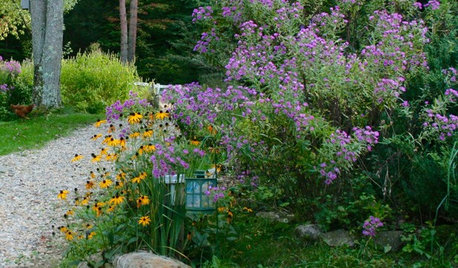
GARDENING GUIDESTop 10 Native Plants for the Northeast
For a low-maintenance, wildlife-friendly landscape, use native plants adapted to the climate and range of soils in the Northeast
Full Story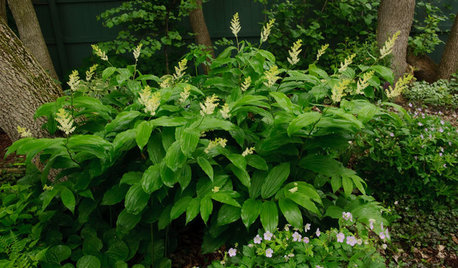
GARDENING GUIDESGarden-Friendly Native Alternatives to Overplanted Exotics
There are lots of gorgeous, wildlife-friendly native plants ready to make an appearance in your garden
Full Story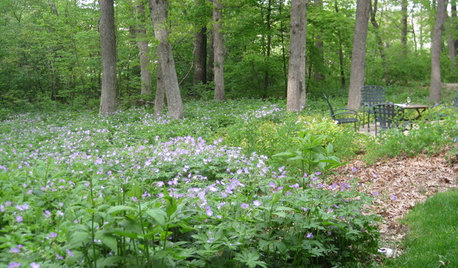
GARDENING GUIDESWe Bust 4 More Native Plant Myths
Have you been taken in by these fallacies about gardening with native plants?
Full StoryMore Discussions



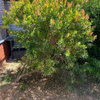
justcorreas
mallee
Related Discussions
Appreciating our local native plants
Q
Using grey water for supplemental irrigation
Q
What plants tolerate grey water?
Q
Looking for native shrub
Q
gardenlen
nathanhurst
justcorreas
gardenlen
mallee
justcorreas
gardenlen
nathanhurst
gardenlen
Frank_S
gardenlen
pos02
plantsplus
trish_g
nathanhurst
Robert_NSW
Liatris
mudflat
billabonggardens
marshall2000
gardenlen